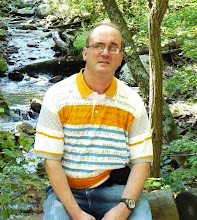Construction at Camp Lemonnier surrounds an old burial ground that remains at the Camp.
Djibouti Muslim burial sites are simple mounds of dirt, surrounded by stones. Whenever a person dies, they must be buried within 24 hours, according to tradition. There is no embalming and no cremation. Then three days afterwards, there is a coming together of family and friends to morn the deceased. There are exceptions to the three day after gathering, if the family needs to travel from out of the country or needs time to assemble.
The cost of burial and the feast that comes with the gathering after the burial must be paid for by the family of the person who died. For poorer Djiboutians, a gift of money to help with the burial and gathering afterward would usually be accepted and appreciated. However, that would never be offered to a family with means. Many after death gatherings happen under large tents erected in the streets or near the home of the family. Depending upon how important the deceased was, these gatherings can last for several days. Friends and family come during the day and evening, pray, read from the Koran, eat and visit.
The notion of human death here is hard for a westerner to fathom. The mourning period here is short if non-existent. It is considered "God's will". And, life continues as if nothing happened. It doesn't seem to matter if the death was expected or sudden. While a person is living, there is much family caring and sympathy for the ill one, especially a parent. But, once death comes, there is a stoic acceptance of the inevitable, as if humans have no power over this or any other aspect of one's life.






No comments:
Post a Comment